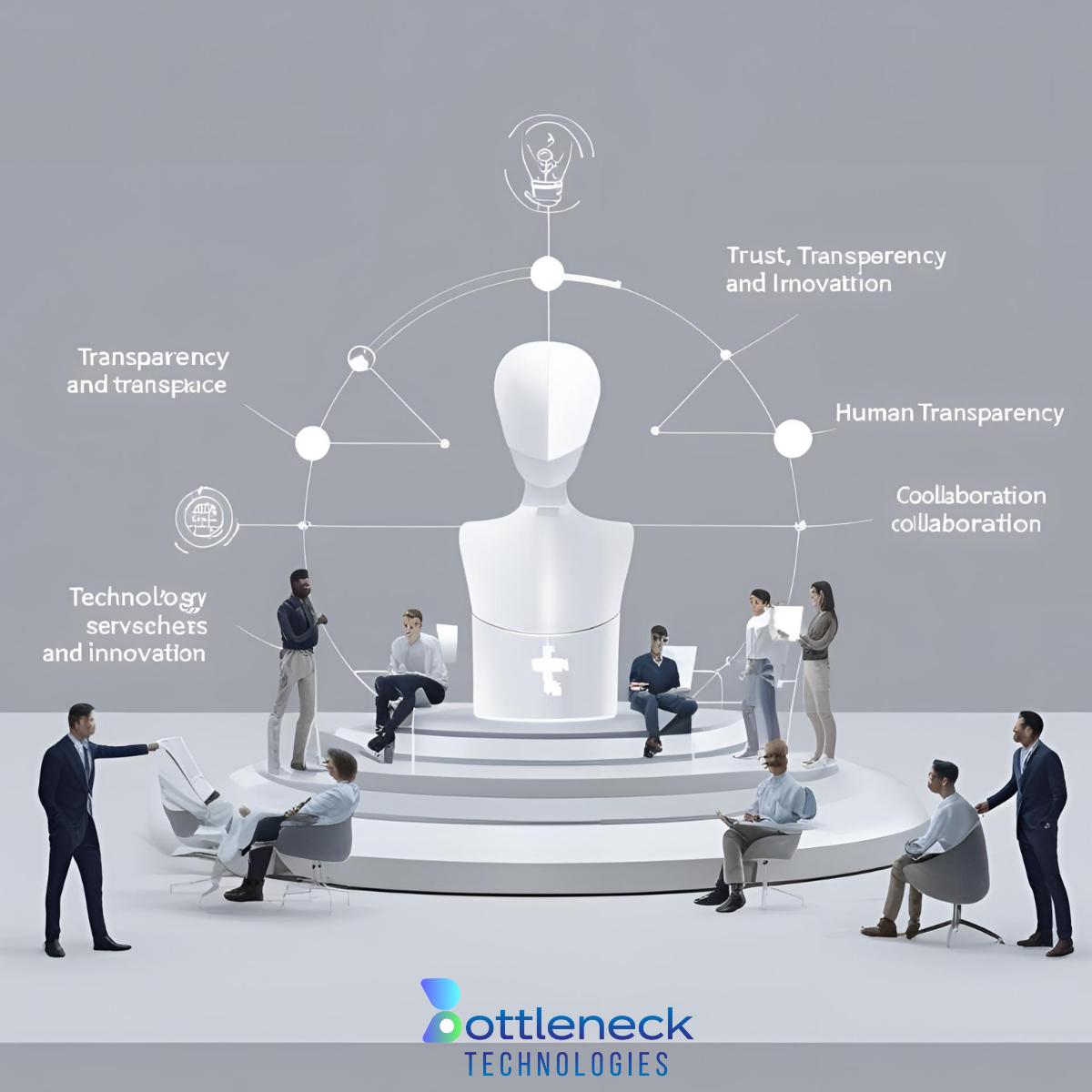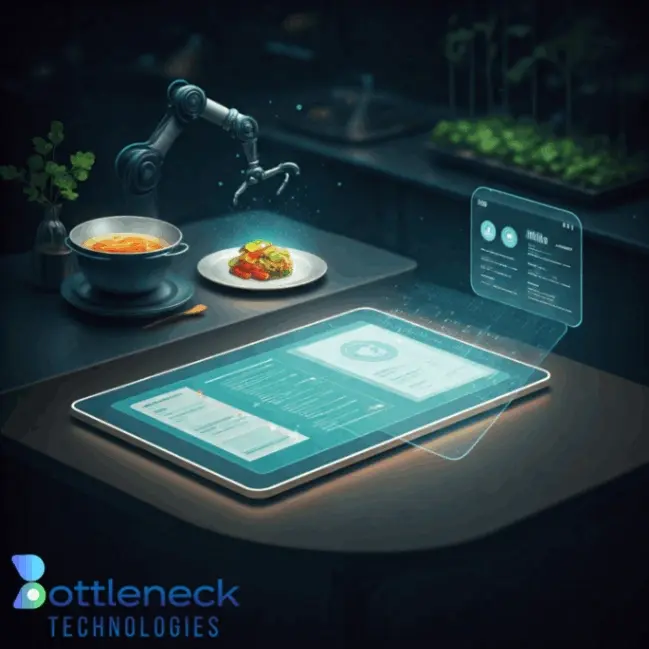The Rise of Autonomous AI Agents: Transforming Industries Through Self-Optimizing Systems Introduction
The Rise of Autonomous AI Agents: Transforming Industries Through Self-Optimizing Systems Introduction
May 12, 2025

In an era defined by rapid technological advancement and escalating complexity, industries across the board—from healthcare to manufacturing, retail to energy—are actively seeking smarter, faster, and more adaptive operations.
Autonomous AI agents represent the next evolutionary step, building on existing infrastructure like predictive analytics, IoT sensors, and cloud computing. These agents don’t replace today’s tools—they supercharge them, enabling systems that learn, adapt, and act independently. Think of it as upgrading from cruise control to a self-driving car: the foundational tech is familiar, but the outcomes are revolutionary.
What Are Autonomous AI Agents?
Autonomous AI agents are advanced systems powered by machine learning, real-time analytics, and decision-making algorithms. Unlike rule-based automation, these agents operate proactively, continuously adapting to changing environments with minimal human intervention. They can:
- Learn from historical and real-time data.
- Reason to solve complex problems.
- Act by executing tasks or triggering workflows.
- Iterate by refining their approaches based on outcomes.
This continuous cycle of ‘Learn, Reason, Act, Iterate’ enables what can be conceptualized as a ‘self-driving’ business process—whether managing a logistics network, optimizing energy grids, or personalizing customer interactions—where AI agents handle decision-making from start to finish.
- Operations & Supply Chain Management: Autonomous agents predict disruptions (e.g., supplier delays, demand spikes) and reroute resources automatically. For example, in manufacturing, AI agents might adjust production schedules in response to raw material shortages or equipment downtime.
- Customer Experience & Personalization: In retail, AI agents analyze browsing behavior, purchase history, and market trends to tailor product recommendations, pricing, and promotions in real time.
- Healthcare & Diagnostics : Autonomous systems triage patient data, predict health risks, and recommend treatment plans. For instance, AI agents could monitor ICU patients, adjusting medication dosages based on real-time vitals.
- Energy & Sustainability : Agents optimize energy distribution in smart grids, balancing renewable sources like solar and wind with storage systems to minimize waste and carbon footprints.
- Financial Services : AI agents detect fraud, automate loan approvals, and manage investment portfolios by analyzing market trends, risk profiles, and regulatory constraints.
- Hyper-Efficiency: Eliminate manual bottlenecks and optimize resource allocation.
- Real-Time Adaptability: Respond instantaneously to disruptions, from cyberattacks to market shifts.
- Scalability: Seamlessly manage growth or complexity without proportional increases in human oversight.
- Innovation Acceleration: Free human teams to focus on strategic, creative tasks.
- Data Readiness: Siloed or poor-quality data limits AI effectiveness.
- Trust & Transparency: Organizations may resist ceding control without explainable AI (XAI) frameworks.
- Ethical Risks: Bias in training data or unintended decision-making consequences must be mitigated.
- Workforce Evolution: Roles will shift from performing routine tasks to AI supervision, system governance, and strategic oversight, requiring significant reskilling in areas like data literacy, AI ethics, and system management, but also creating opportunities for higher-value work.
As generative AI, IoT, and edge computing converge, autonomous agents will become even more sophisticated:
- Self-Healing Systems : Agents will predict and resolve IT outages, cyber threats, or process failures before they escalate.
- Cross-Industry Collaboration : AI agents from different organizations (e.g., suppliers, distributors) will negotiate and coordinate directly (e.g., negotiating dynamic pricing, coordinating inventory sharing)
- Enterprise AI Automation : Enterprise AI automation streamlines business processes, boosts productivity, and drives digital transformation through intelligent technologies.
- AI Industry 4.0 : AI powers smart automation and data-driven decision-making in Industry 4.0.
- Ethical Autonomy : Systems will align decisions with regulatory and ethical guidelines, auditing their own actions for compliance.
- Digital Twins : Agents will simulate entire business ecosystems to stress-test strategies, from product launches to crisis responses.
Autonomous AI agents represent a paradigm shift in how businesses operate, innovate, and compete. From streamlining back-office tasks to redefining customer engagement, these systems are no longer a futuristic concept—they are a present-day imperative. Organizations that embrace autonomy will lead in agility, sustainability, and profitability, while laggards risk obsolescence.
While the vision of fully autonomous systems is compelling, businesses do not need to overhaul operations overnight. If they have not started, beginning by leveraging foundational technologies that serve as building blocks for AI agents is a go:
- Machine Learning (ML) : Deploy predictive models for demand forecasting, equipment maintenance, or customer churn.
- Data Analytics : Use real-time dashboards to identify inefficiencies in workflows, inventory, or logistics.
- Basic Automation : Implement rule-based tools (e.g., RPA) to digitize repetitive tasks like invoice processing or order tracking.
- Prioritizing low-hanging fruit : Target repetitive, data-rich processes like reporting, inventory management, or customer segmentation.
- Investing in data infrastructure : Centralize and clean datasets to fuel advanced AI models.
- Partnering with experts : Pilot use cases with clear ROI, such as predictive analytics or workflow automation, to demonstrate value and secure stakeholder buy-in.
Design your AI roadmap with us or start small with automation tools that pay off fast.




